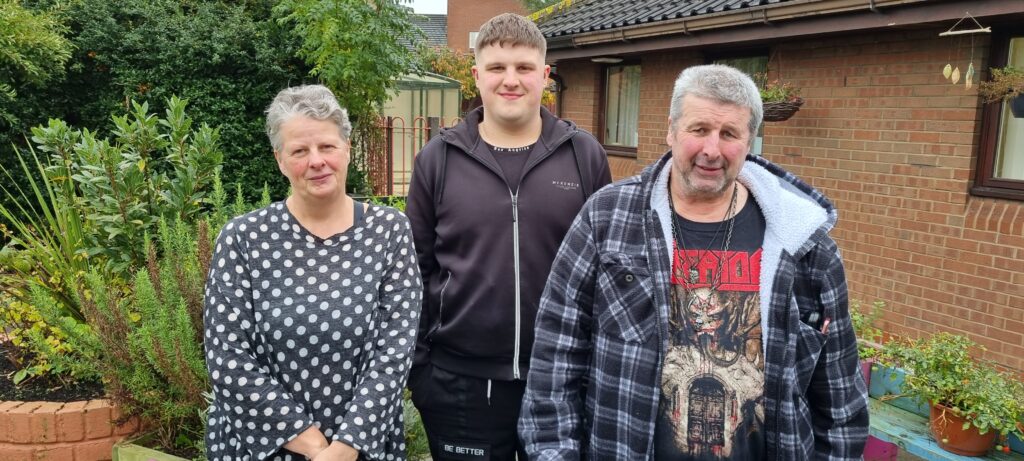Study to evaluate needs of early-onset dementia patients in Leeds begins
A new study to evaluate the needs of people living with early-onset dementia in Leeds has started.
The study aims to establish what is working well for people in the city diagnosed and living with early-onset dementia, and what could be improved.
In Leeds alone, it is estimated that between 200 to 300 people are living with early-onset dementia, also known as ‘young dementia’. They are generally aged 65 or younger.
The study will also help inform the commissioning of future services for people in Leeds living with the illness.
The six-month study is a collaboration between Community Links – a Leeds-based charity that delivers dementia care services across the city – and Leeds Beckett University and has been part-funded and commissioned by Leeds City Council.
Sinead Cregan, Director of Development and Innovation at Inspire North, parent company of Community Links, explained: “The care needs and respite requirements for people living with early onset dementia are often very different. These people are generally younger, fitter, and have different interests and expectations than older people. They can also have financial and relationship challenges to deal with.”

Janine, Jack and Bob at Young Dementia Leeds Hub
Janine, Bob, and Jack’s Story
Janine, 56, lives in Leeds. Her husband Bob, aged 57, has early-onset dementia and has been attending the Young Dementia Leeds Hub, run by Community Links, for nearly three years.
Janine explains: “Bob attends the Hub four days a week which allows me to do two long days at work as a medical secretary. [My son] Jack and I share all the caring between us. Other than that, we have to split the ‘Bobby sitting’ between us, which is completely draining.”
But the Young Dementia Leeds Hub only opens during the day, and what Janine and her family really need – and struggle to find – is overnight accommodation for Bob.
Wanting to go away and visit some family, it took Janine months of hard work to find a care home that would accommodate Bob overnight.
“Many care homes refuse people with early-onset dementia because they are too young. It’s almost impossible to get overnight care unless it’s a real emergency,” says Janine.
She adds: “Even care homes that accept younger clients prefer you to book for two weeks at a time, but we would like to be able to access overnight stays for shorter periods.
“Just a weekend would be good sometimes, so we can get away or even just go out for a night.”
Read more about Janine, Bob and Jack here.
Claire Surr, professor of dementia studies at Leeds Beckett University School of Health, said: “We are delighted to be undertaking this study to look at the needs and experiences of people with early-onset dementia in Leeds.
“We will find out about what works well during diagnosis and within current post-diagnostic support services, what could be improved, and how. We also aim to identify gaps in current services to inform future commissioning to meet the different needs of this specific group of people with dementia.
“We hope as many people as possible in Leeds who have received a diagnosis of early- onset dementia – or who support someone with the condition – will complete our survey when it is launched in November so that we can get the views and experiences of a wide range of people.”
Once complete, the study report will be shared with Leeds City Council who have part-funded the research and are the current commissioners of Young Dementia Leeds, and the carers of those living with early-onset dementia in the city.
Sinead Cregan added: “Working together with Leeds City Council, the aim of the report is to help ensure unmet respite needs for people with young dementia are identified and are addressed in future spending.
“This project will play a significant role in shaping future support for people in Leeds, and their families, living and coping with early-onset dementia.
